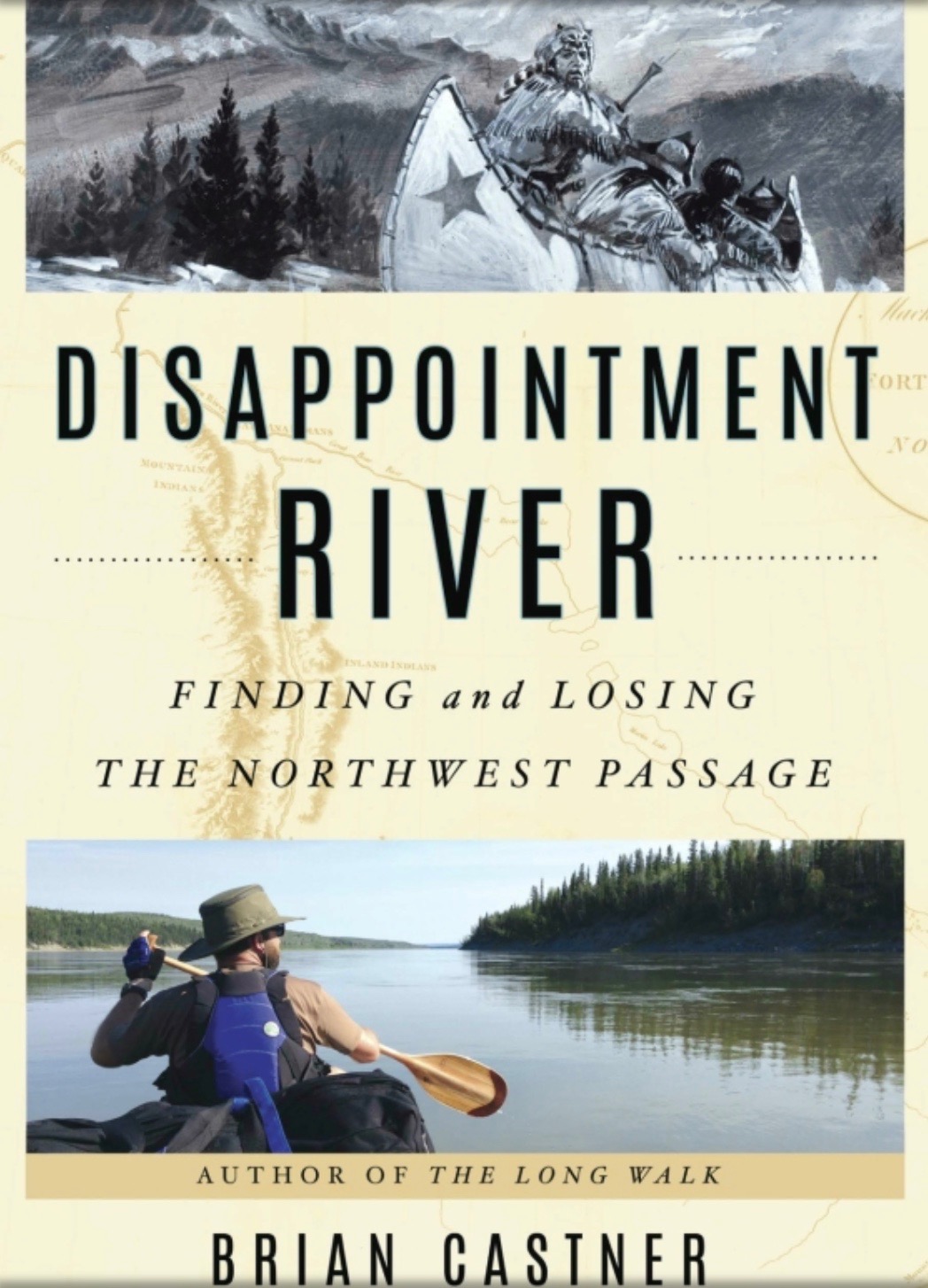
Northwest to the Sea
March 22, 2018 | The Barnes & Noble Review
In the late eighteenth century, the fur trade in North America entailed a huge and costly detour. Beaver pelts, harvested in Canada and the United States and destined for China, had first to be shipped east to London. From there they traveled southwest, around Cape Horn, and then west halfway around the world to the Orient. The modern equivalent would be to fly from Chicago to New York with a connection in Honolulu. In 1789, fifteen years before Lewis and Clark’s expedition, the North West Company asked twenty-six-year-old Alexander Mackenzie to find a shortcut. The commission was to go “in a Bark Canoe in search of a Passage by Water through the N. W. Continent of America.” His goal was the Pacific Ocean.
A more famous explorer, Captain James Cook, had recently failed to find the Northwest Passage. But Mackenzie was young and ambitious. He set out with a party of seventeen from the Great Slave Lake in north-central Canada. From there he entered the newly discovered Deh Cho River, which was later renamed for him and is Canada’s longest at over 1,000 miles. The party navigated northwest for forty days. But instead of reaching the Pacific, the river emptied into the Arctic Ocean. Standing on Whale Island at the river’s northern terminus, Mackenzie saw ice stretching all the way to the horizon: an impassable wasteland that was commercially useless.
In Disappointment River: Finding and Losing the Northwest Passage, Brian Castner writes that, because of climate change, the vista has been free of ice in summer since 2007. “The way is open. Mackenzie was simply two hundred years too early.” Castner, a combat veteran and the author of two well-received memoirs of war, has written a joint chronicle of Mackenzie’s expedition and his own recreation of it in 2016. In order to experience the river for himself, Castner set out with a rotating cast of four friends who each paddled a leg of the river with him. He travelled 1,125 miles by canoe — nearly a million paddle strokes. Castner interweaves Mackenzie’s chronicle with his own travelogue, making for a brisk read and a thoughtful meditation on adventure, discovery, and ultimately failure.
Mackenzie is obscure today, although his memoirs were bestsellers in their time. He is overshadowed by more famous explorers of the Northwest Passage like John Franklin and Roald Amundsen. Mackenzie’s journals serve as Castner’s main source, but they require some fleshing out. “All Hands were for some time handing the loading and Canoe up the Hill. Men and Indians much fatigued.” So writes Mackenzie of an exhausting 820-pace portage along a narrow, wet ledge over treacherous rapids. The party lost a canoe there: a single slip caused it to fall to the rocks below. At moments like these, Castner’s own voyage helps fill out the story, with a fresh set of eyes on a landscape so vast and barren that it has not changed much over the centuries.
Its abiding feature is mosquitoes. The Mackenzie River passes through Canada’s Northwest Territories, a remote area of heavily forested taiga and tundra that is twice the size of Texas. The river hugs the eastern foothills of the Canadian Rockies; at times it is deep and miles wide, while at others the water has a draft of only a few feet. (These shallows, as well as the northern river’s frozen reaches during much of the year, limit its use as a major commercial waterway today.) The mosquitoes are everywhere. Castner and his boat-mates try everything to avoid them. In the 1840s, the gentle and gentlemanly Franklin is said to have blown them from his skin rather than swatting them. Another voyager, Amos Berg, who traveled the river for National Geographic in 1929, found that the only way to enjoy a meal without himself becoming one was to eat while running up and down the shore.
Disappointment River is a story of exploration, but not of tragedy or disaster. It is not an epic. No one died on Mackenzie’s expedition or on Castner’s, and while the landscape was expansive, it was not particularly dramatic. Mackenzie’s encounters with indigenous tribes were cordial and marked by productive trade; Castner’s were haunted by the poverty and idleness of a mistreated people. Even the romance of the wilderness is taken down a notch: “The song of the north is not a loon’s call or a wolf’s howl, as many famous outdoor writers contend, but rather the hum of the diesel engine,” Castner writes. Yet the book is not without a certain power. The journey itself is the reward: it is the ultimate adventure cliché, but it happens to be true. As Ernest Shackleton famously said, “It is in our nature to explore, to reach out into the unknown. The only true failure would be not to explore at all.”